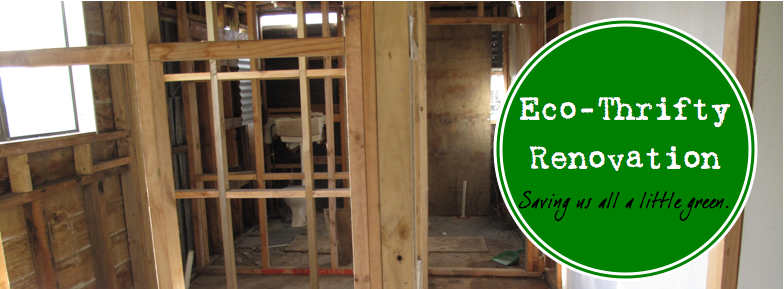
Peace, Estwing
Energy is often defined as the ability to do work. In many ways, money - or wealth of any kind - is also the ability to do work. In other words, I can pay someone like Jonah to help me install my stove, or I can buy petrol to put in my car. A big difference between these two is that when I pay Jonah the wealth stays in the community, but when I buy petrol most of the wealth leaves the community. However, I can't really pay Jonah to bring my wife home from work on a day she works later than the last bus. (Come to think of it, I probably could but she may not enjoy the ride in his bamboo bike trailer).

The point is, the work that energy or wealth can do is not 100% transferable back and forth. But sometimes it is. Going back to the example of the multi-fuel stove, the work that Jonah did will translate sometime in the future into energy savings in the form of reduced home heating costs.

Additionally, the wood that we will burn will likely come from the land cared for by Melinda and Murray. Therefore, any wealth transfer for home heating goes to these three "locals" and not to Meridian Energy in Christchurch (I believe).

And the same can be said for another form of energy delivered to Wanganui nearly every day for free: sunlight. Sunlight can heat homes quite effectively, and simple insulating and draft-proofing efforts can help hold the heat in overnight. These efforts may be labor intensive, but if the labor is local then the wealth stays in the community. Over time the homeowner makes up the upfront cost in energy savings. And then those savings can be reinvested in the community. For example, our electric bills are so low that we treated ourselves to an afternoon of local rugby. Go the Butcher's Boys!


No comments:
Post a Comment